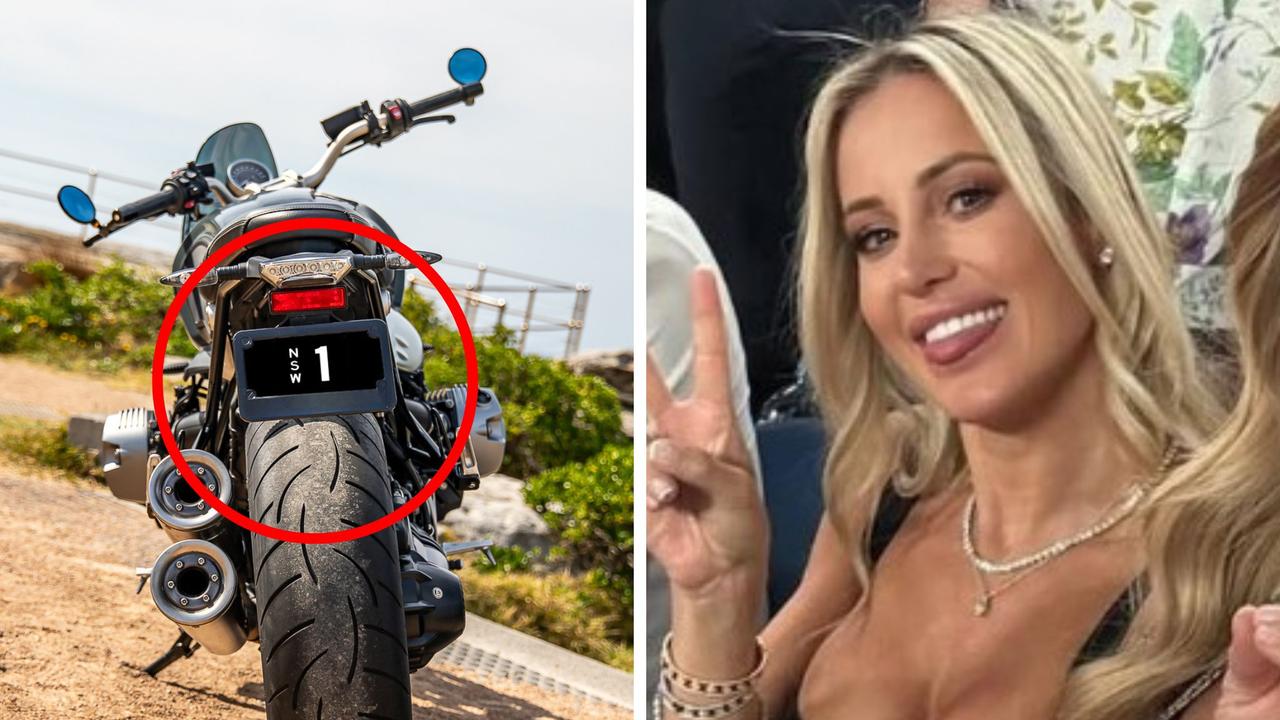Next Nissan Patrol could go electric
A much loved hardcore four-wheel drive could be getting a major makeover in the next few years that has big implications for Aussie adventurers.
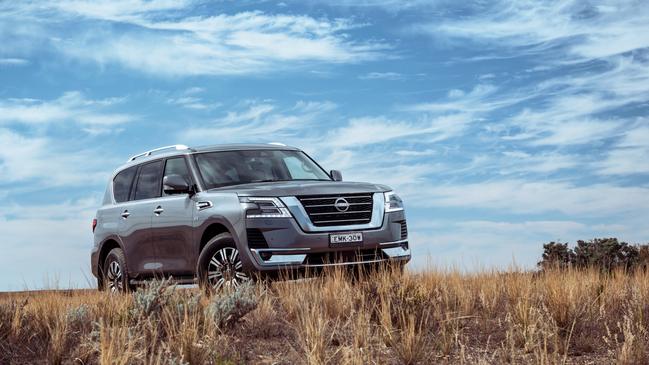
Motoring News
Don't miss out on the headlines from Motoring News. Followed categories will be added to My News.
Big changes are coming for the Nissan Patrol.
The mighty off-roader could soon be powered purely by electricity as the brand embraces advanced battery technology.
Speaking during a recent visit to Australia, Nissan’s Chairman of Management Committee for AMIEO (Africa, Middle East, India, Europe and Oceania), Guillaume Cartier, suggested the much-anticipated all-new Patrol would use upcoming solid state battery technology the company is developing.
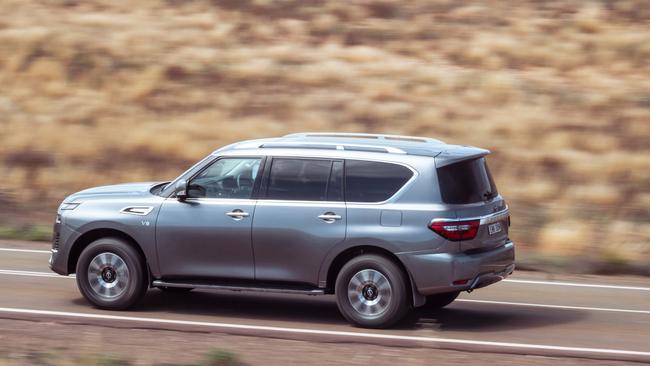
He said there are challenges for electrifying large SUVs that are designed to tow, though.
“If you have a car that you want to keep the capability, if it is a car that is more than two tonnes, the battery you need to have is making it heavier and more expensive,” said Cartier.
“This type of car is more linked to the solid state battery technology,” he said.
Cartier all but ruled out Nissan’s e-Power hybrid tech, which uses electric motors to drive the wheels and a petrol engine as a generator to charge the battery.
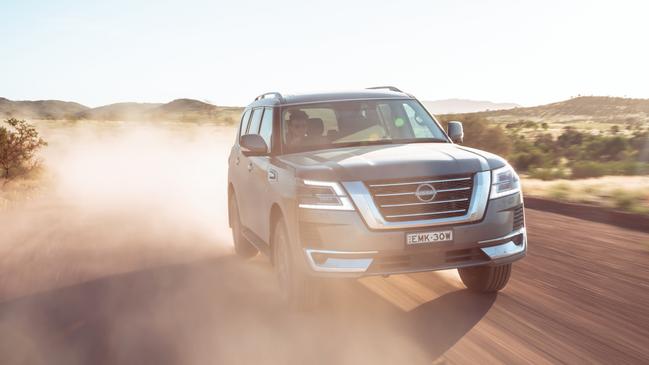
Instead, the Patrol appears set to go full electric.
Shifting the Patrol from the thirsty 5.6-litre V8 of the current model to an all-electric set-up in the next-generation car would represent a major shift in a segment of the market that has so far been subdued on EV offerings.
While Toyota has promised only an electrified version of its LandCruiser – which could mean a regular hybrid version – by the end of the decade, the senior Nissan executive has given the strongest clue yet that the Patrol will go all electric.
As the name suggests, solid state batteries do without a liquid electrolyte. That not only makes them safer because there are no flammable liquids to ooze out in the event of a crash or rupturing of the battery pack, but it also brings big benefits to energy density.
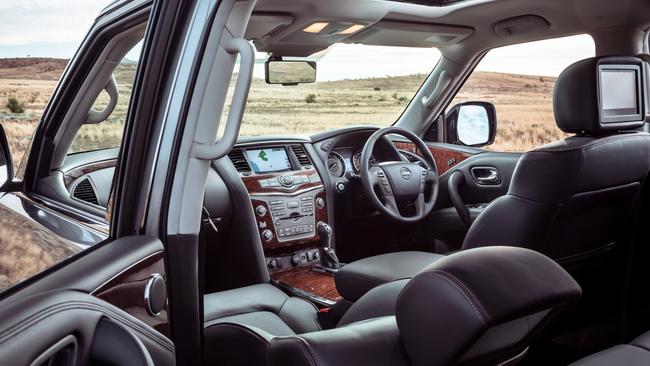
A more energy-dense battery means it is smaller and lighter while storing the same amount of electricity.
Cartier suggested battery sizes could be halved, making them viable for vehicles that need longer driving ranges and/or need to carry lots of weight.
“Solid state batteries is a technology that we want to own. It’s a game changer,” he said. “We are on track to have that by 26/27.”
Cartier said the advanced battery tech would make EVs viable across more segments of the market.
Using that logic, it also suggests Nissan would employ solid-state batteries for an upcoming EV version of the Nissan Navara ute, the next generation of which is currently in its final stages of development.
While an EV Patrol and Navara could solve the issues of storing enough energy to tow up to 3.5 tonnes, it would still leave questions around its suitability to visit remote areas, at least with today’s charging infrastructure.
Originally published as Next Nissan Patrol could go electric

